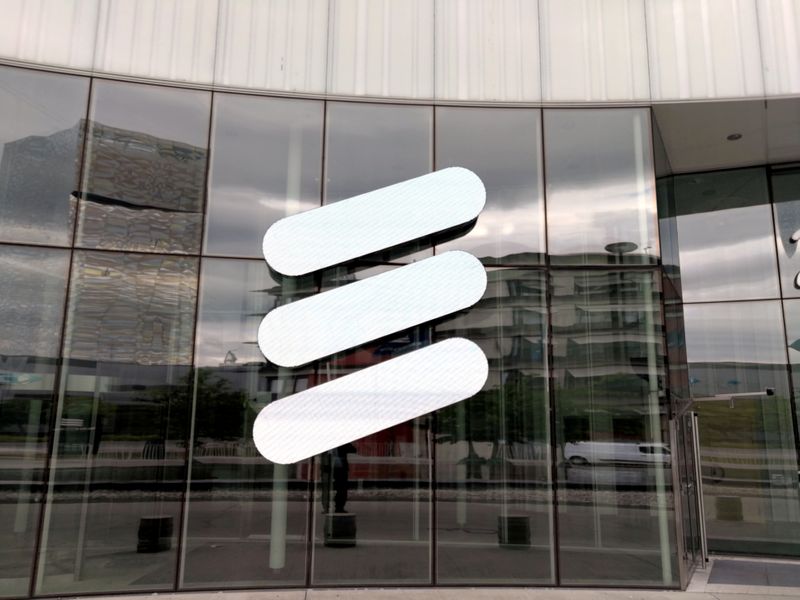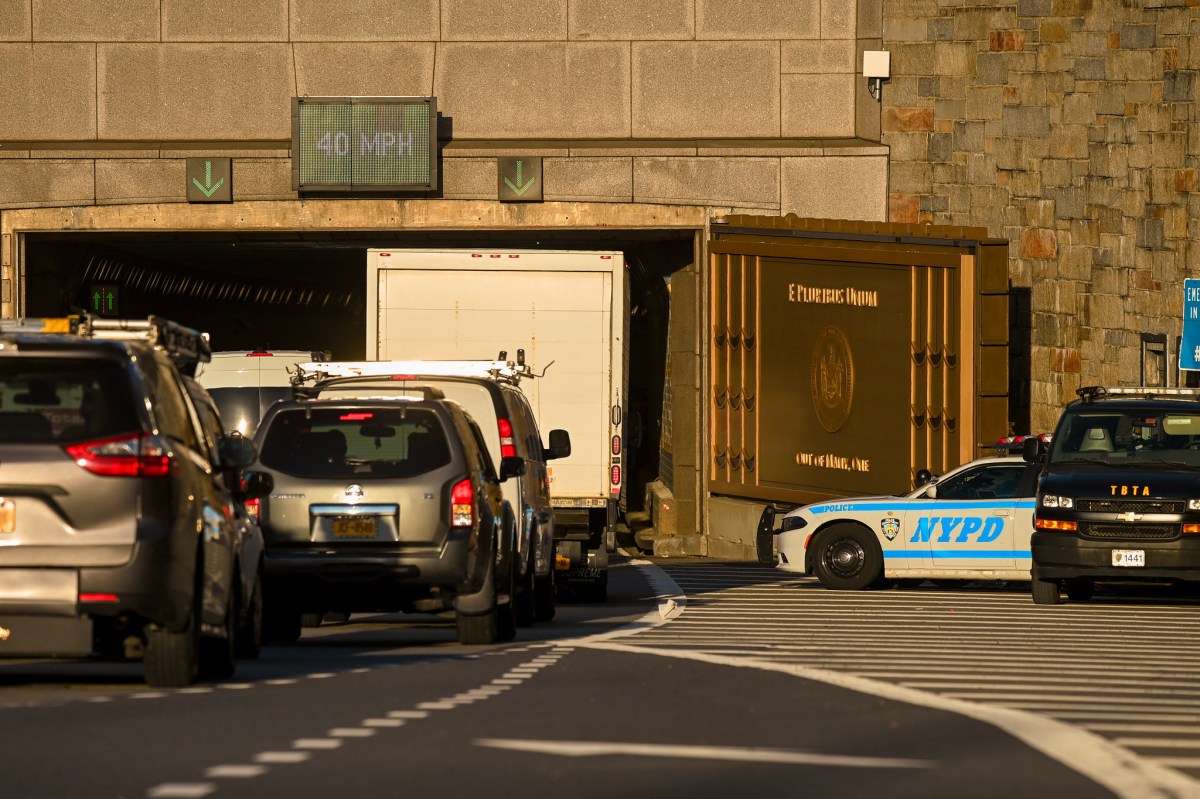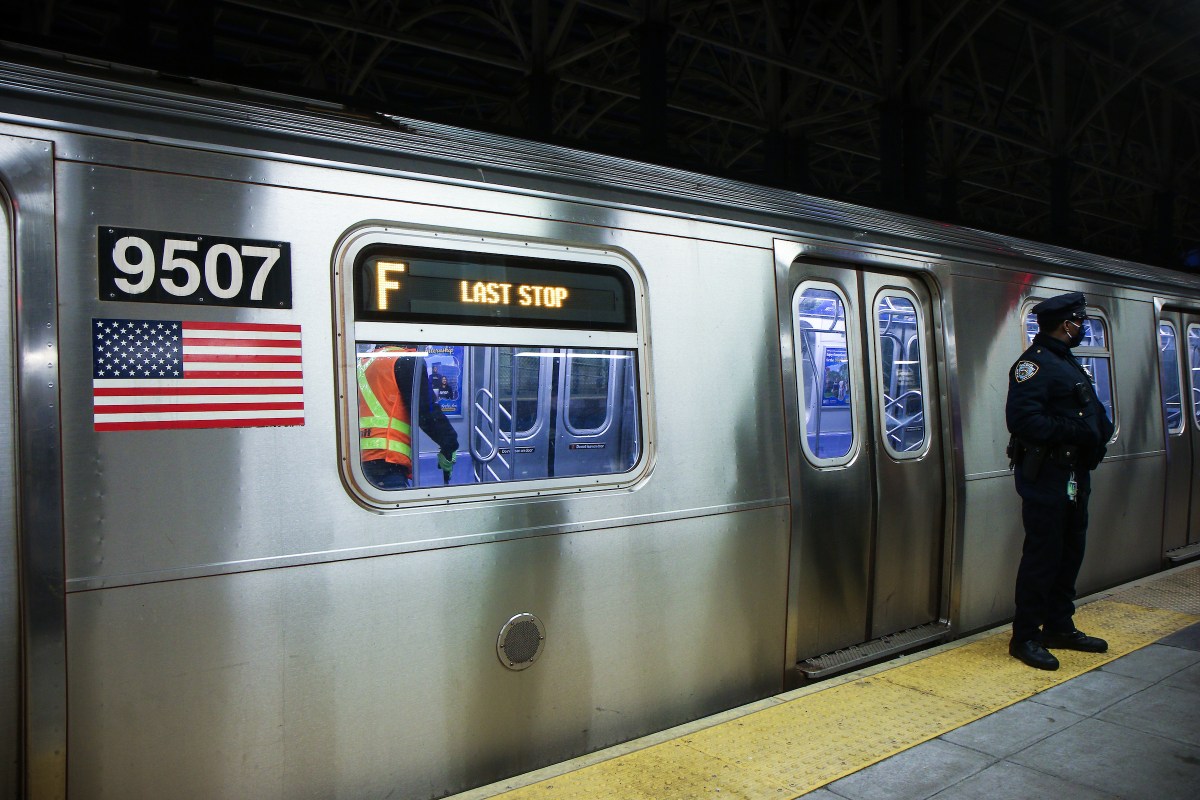LONDON (Reuters) – Britain’s BT <BT.L> has selected Ericsson <ERICb.ST> to provide 5G radio equipment for its EE mobile network in London, Edinburgh, Belfast, Cardiff and other major UK cities, building on the contract it signed earlier this year for core technology.
It comes after the British government said in July it would ban China’s Huawei Technologies from any presence in the country’s 5G networks by the end of 2027.
Once the deployment is completed, Ericsson will manage around 50% of BT’s 5G traffic, the Swedish company said, adding that it will also modernise the company’s existing 2G and 4G radio networks.
BT was deploying Huawei radio equipment in its 5G network before the ban. It will now divide the supply of antennas and base stations between Ericsson and Finland’s Nokia <NOKIA.HE>, the Chinese company’s main rivals.
BT chief architect Neil McRae said the Huawei ban was one of the reasons for the award, but he added that BT already had a well-established partnership with Ericsson, including in building its new core network.
“They’ve got a platform and a capability that impressed us, with useful capabilities that are unique to Ericsson and also some really strong areas of power management and spectrum management,” he said.
Ericsson CEO Borje Ekholm said the win strengthened the company’s relationship with BT.
“By deploying 5G in these key areas, we are yet again demonstrating our technology leadership in population-dense and high-traffic locations,” he said.
BT signed a contract with Nokia last month to provide 5G radio equipment for multiple towns and cities across Britain, as well as rural locations.
BT has said the cost of removing and replacing Huawei’s equipment would be around 500 million pounds ($652 million).
The value of the Ericsson contract was not disclosed.
Huawei said on Wednesday the likely delay in rolling out 5G caused by the ban could squander possible economic benefits of 108 billion pounds in regions outside London and the south east of England in the next decade, according to research it had commissioned.
(Reporting by Paul Sandle; editing by Susan Fenton and Jason Neely)






















